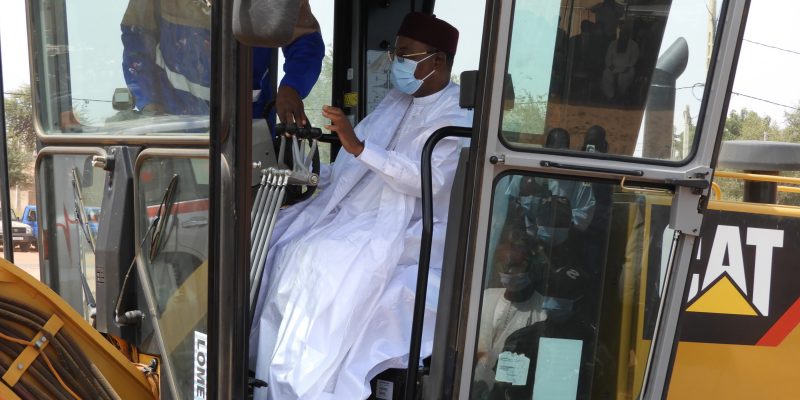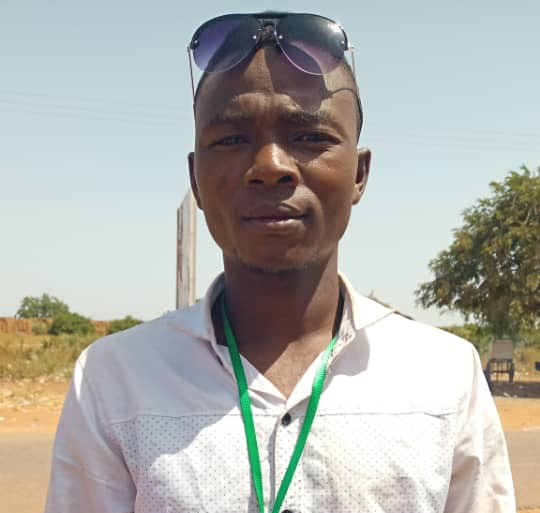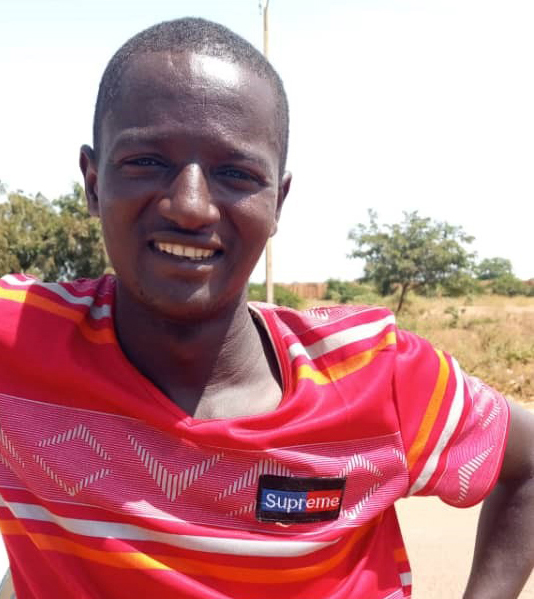
MCA-Niger
Nigerien President Issoufou Mahamadou at the RN7 rehabilitation ground breaking event.

Nigerien trucker Seyni Garba drives the RN7 and is accustomed to long waits caused by poor road conditions.
But a recent event has given Nigeriens like Garba and Abdourahamane hope for improvement.
On November 3, MCA-Niger launched the rehabilitation of one of the roughest sections of the RN7 as part of the $437 million MCC – Niger Compact.
To mark the event, Nigerien president Issoufou Mahamadou presided over a groundbreaking ceremony in the city of Dosso alongside U.S. Ambassador Eric P. Whitaker.
According to MCA-Niger CEO Mamane Annou, the same stretch of road that currently takes 10 hours to travel will only take 2 hours once the rehabilitation work is complete.
MCC’s compact with Niger focuses on the agricultural sector, which accounts for nearly 80 percent of jobs in the country. In addition to rehabilitating crucial road networks so goods can make it to market in a timely fashion, the compact also supports critical reforms to the country’s road maintenance management and financing system to ensure road upgrades that are carried out and are sustained.

Zakara Abdourahamane, who transports goods along the RN7, is excited about the road rehabilitation.
For truck drivers like Garba and Abdourahamane, the road improvements will have the biggest direct impact on their livelihoods. “We the users are relieved that the total rehabilitation of this road is happening, which makes we the Nigeriens and our neighbors to the south happy,” said Garba.
Abdourahamane is equally enthusiastic: “The rehabilitation of this road will support numerous opportunities in the Dosso region: economic growth, save time, make the road more comfortable, less going to the garage for engine repairs… Today is a great day. We, the truckdrivers, are the biggest beneficiaries of the rehabilitation of this section of road. Thank you to the American donors.”
By working in partnership with the Government of Niger, MCC is strengthening the agricultural sector and opening up greater economic opportunities for Nigeriens. The MCC – Niger Compact complements Feed the Future, the U.S. Government’s global hunger and food security initiative that works to give communities in some of the world’s poorest countries the freedom and opportunity to lift themselves out of food insecurity and malnutrition. Overall, the compact has the potential to benefit more than 3.9 million people.

